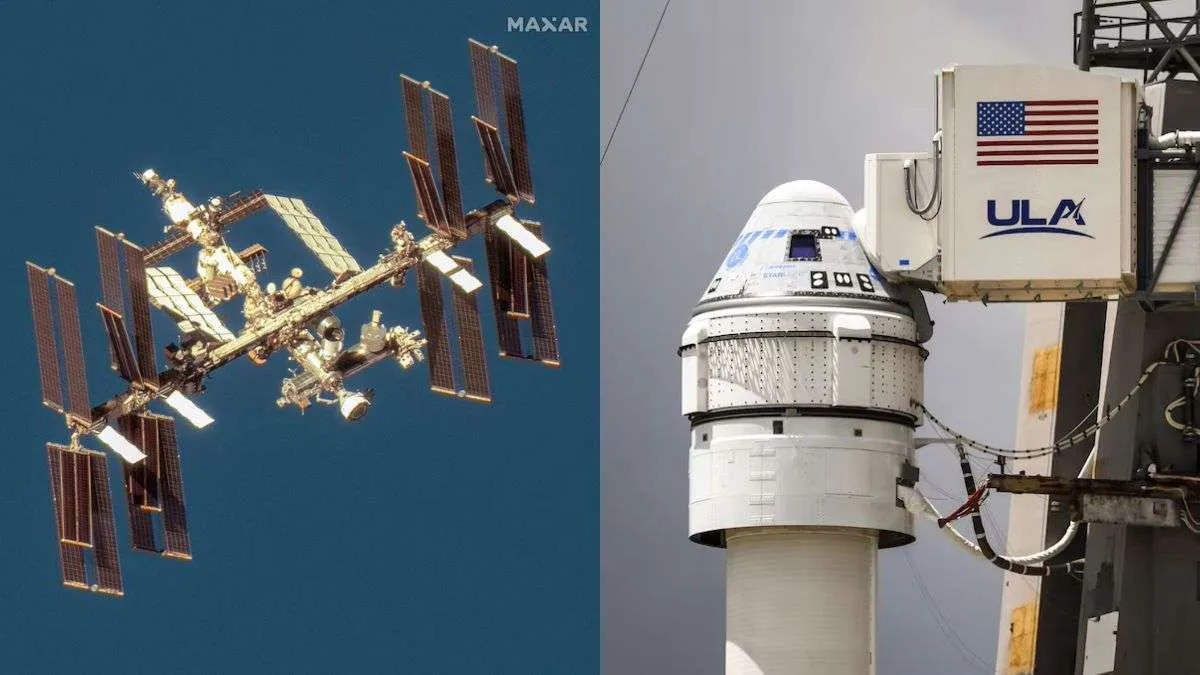Elon Musk's Starlink Project Revolutionizing Space-Based Internet Traffic

Starlink: The Future of Internet Connectivity
Elon Musk, the CEO of SpaceX and owner of X (formerly known as Twitter), has made a bold claim that Starlink, the satellite internet service provided by SpaceX, will be responsible for 90 percent of all space-based internet traffic by 2025. Musk stated that Starlink is the only high-bandwidth internet system which covers the entire planet, offering connectivity in regions where internet service is mostly unreliable or non-existent.
Starlink Satellites: Growing Presence
This statement came in response to a post by an X account named Mario Nawfal, noting approximately 6,290 active Starlink satellites orbiting Earth. These satellites are crucial in providing internet services to remote and underserved areas, demonstrating the expanding footprint of Starlink in the satellite internet market.
Musk emphasized, "Starlink is the only high-bandwidth Internet system that covers all of Earth. It will probably deliver over 90% of all space-based Internet traffic next year."
Legal Challenges in Brazil
Despite its success, Starlink has faced significant legal challenges in Brazil. The country’s Supreme Court reportedly blocked Starlink's bank accounts amidst a dispute involving X. Musk criticized Brazilian Supreme Court Justice Alexandre de Moraes, accusing him of acting as a "dictator" and questioning the legality of the court’s actions.
Additionally, the Brazilian Supreme Court blocked X after the platform refused to appoint a legal representative in the country. They ordered that X remain blocked until compliance with all orders, including fines and representation appointments.
Musk’s Response to the Ruling
Justice Alexandre de Moraes stated that X has contributed to an environment of total impunity and lawlessness in Brazilian social networks, especially during the 2024 local elections. He further accused Musk of showing total disrespect for Brazilian sovereignty.
As Starlink continues to expand its global reach, these legal challenges highlight the complexities of operating in different regulatory environments and the potential impact on its services.
This article was prepared using information from open sources in accordance with the principles of Ethical Policy. The editorial team is not responsible for absolute accuracy, as it relies on data from the sources referenced.